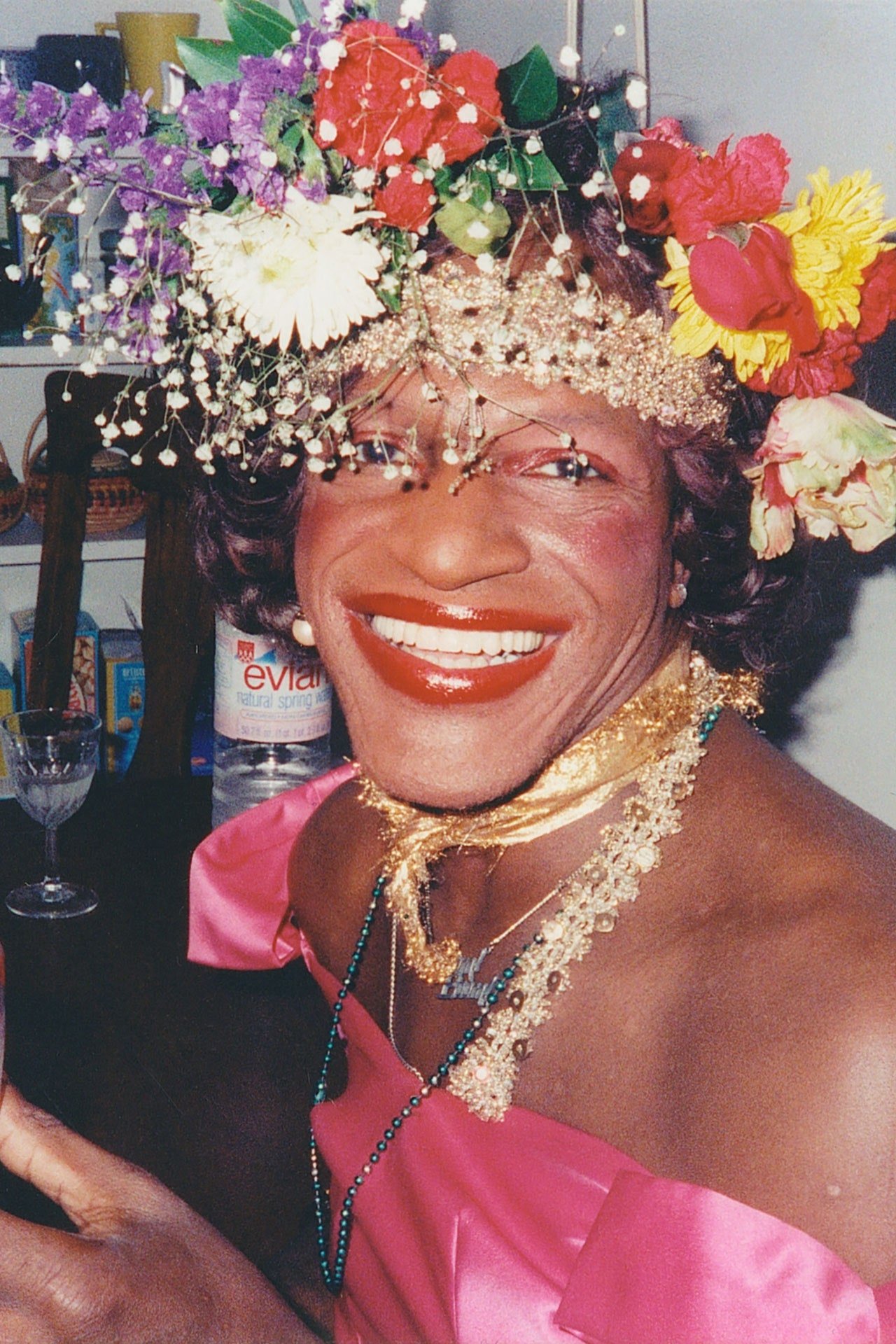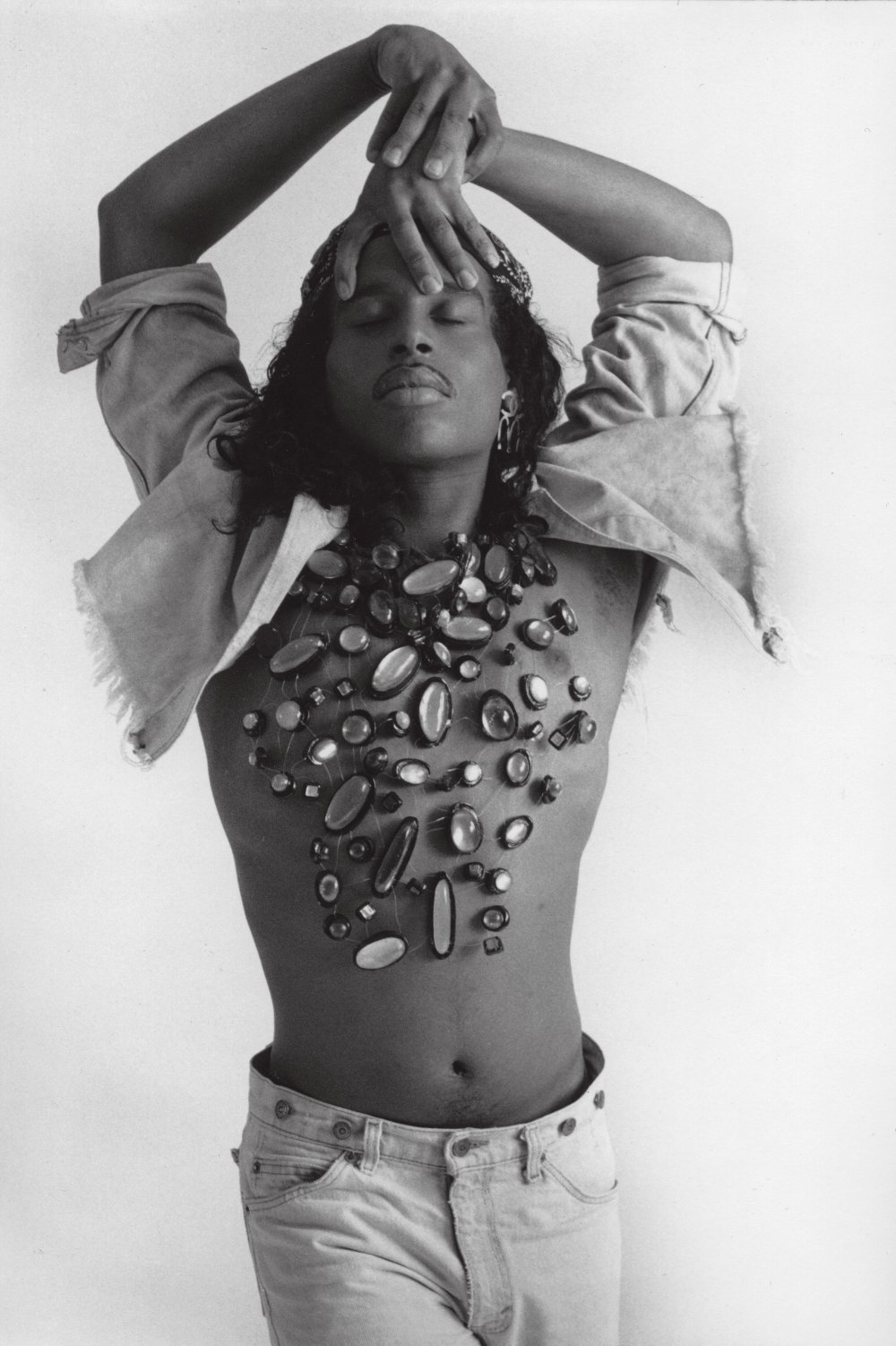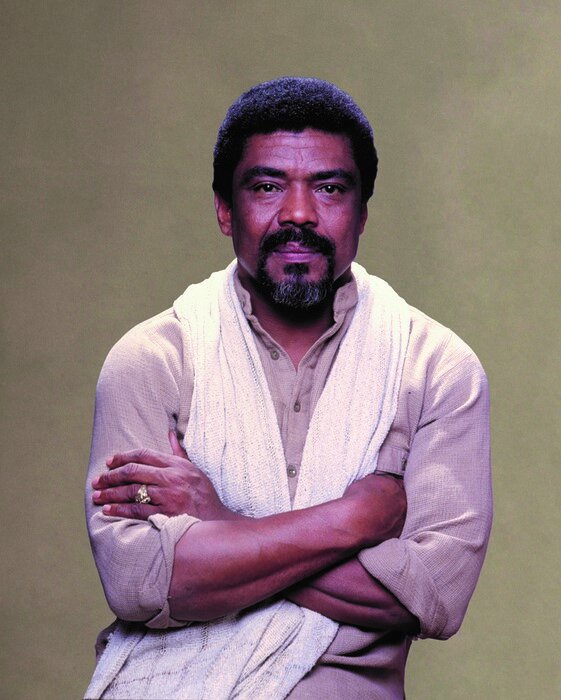Black LGBTQ Trailblazers - A Black History Month Spotlight
As we continue our celebration of Black History Month, we wanted to spotlight a few of the many Black trailblazers in LGBTQ history.
The advancements toward LGBTQ equality in recent decades would not have been possible without the work of Black trans women and others within the Black LGBTQ community. The world owes a great debt to their vision, activism, and resilience.
If you're looking for Black leaders to spotlight as your company celebrates Black History Month, look no further. This post is part of a series spotlighting several Black leaders whose achievements and legacies have had a significant impact on our lives and deserve to be acknowledged.
This week, we feature leaders in the LGBTQ Community.
Gladys Bentley
Gladys Bentley (stage name Bobbie Minton) was a famous lesbian blues singer and pianist and one of the main stars of the Harlem Renaissance. Over her career, she became one of the most well-known and financially successful Black women of her time. In her top hat and tuxedo, Bentley belted gender-bending original blues numbers and lewd parodies of popular songs. With parodies and exaggeration in stage moves, song content, and attire, Bently pushed the boundaries of gender, sexuality, class, and race, personally and professionally throughout her career. She began singing all over New York City in speakeasies and nightclubs where she eventually became the headliner at locations like The Cotton Club and The Apollo. Even though her performances were often shut down by police, she earned huge acclaim in New York and she toured nationwide, performing in Chicago, Hollywood and other major cities. Over the years, she changed her style and her acts, but the path and impact she made remained the same.
“It seems I was born different. At least, I always thought I was.”
Marsha P. Johnson
Marsha P. Johnson was a Black transgender woman, revolutionary LGBTQ rights activist and an outspoken advocate for trans people of color. Known as a "drag mother" by the LGBTQ community, she helped homeless and struggling LGBTQ youth, and toured the world as a successful drag queen. Though she dealt with mental illness and had numerous encounters with the police, Johnson was fearless and bold, and it was her courage and tenacity that led her to speak out against injustices. She is credited for being an instigator in the Stonewall uprising in 1969 and some consider her a pioneer of the U.S. gay liberation movement. Along with Sylvia Rivera, she later established the Street Transvestite (now Transgender) Action Revolutionaries (STAR), a group committed to helping homeless transgender youth in New York City, Chicago, California, and England.
“No pride for some of us without liberation for all of us.”
Seen@Work Has Training Solutions to Help You Build an Inclusive Culture.
Schedule a Consultation today.
Willi Ninja
Willi Ninja is known as the grandfather of vogue, a dance form that he popularized, bringing a level of visibility and perfection in performance that no one had reached before. In the 1970s, he joined the young gay scene in Manhattan that used dance as a form of expression - the early form of ’vogueing’. Through the 1980s, he perfected and popularized his vogueing style – angular movements of the body, swift movements inspired by martial arts, exaggerated model poses, and intricate mime-like choreography. His dance was popularized by the film Paris is Burning, an award-winning 1990 documentary about New York’s drag vogue-ball scene. Willi Ninja taught vogue all over the world, teaching many models and celebrities like Naomi Campbell and Paris Hilton, and danced in countless music videos, tv shows and movies. Becoming a New York celebrity, Willi Ninja founded the House of Ninjas as a "safe house" for members of the LGBTQ community, a mixture of extended social family and a dance troupe. Towards the end of his life, Willi starred in How Do I Look, a documentary about vogue, that was released the year that he passed.
“Voguing is an art, as well as a political statement.”
James Baldwin
James Baldwin is one of the 20th Century’s greatest writers. Through his extensive, rapturous literacy legacy, Baldwin shared his experiences and views on racism, spirituality, and humanity. With a passion for reading and a gift for writing, Baldwin published numerous poems, short stories and plays in magazines in high school. In 1943, Baldwin moved to New York City as an aspiring writer, devoted to writing a novel. His essays and short stories were published in national periodicals that led him to a fellowship in Paris that changed his life and allowed Baldwin to write more about the Black experience in America, becoming his most famous essays. Baldwin used his works to explore controversial topics like interracial relationships and depict the complexities of homosexuality. As an astute observer of race and American culture, Baldwin saw his personal mission as bearing "witness to the truth” and provide readers with the insights into its dark realities.
“American history is longer, larger, more various, more beautiful, and more terrible than anything anyone has ever said about it.”
Alvin Ailey
Alvin Ailey, famed dancer and choreographer, was one of the leading figures in 20th-century modern dance. After making his mark as a dancer with the Lester Horton Dance Theater and in various Broadway shows, Ailey founded the Alvin Ailey American Dance Theater, a hugely popular, multi-racial modern dance ensemble that popularized modern dance around the world. Many of his dances drew inspiration from his southern roots, Black church services, and African American music from his youth that he would hear from local dance halls. Alvin Ailey American Dance Theater toured all over the world garnering them international acclaim and recognition. Not long after opening his company, Ailey founded the Ailey School for aspiring dancers, and it remains to be one of the most coveted dance schools in America today. In 1988, Ailey was honored by the Kennedy Center for his contributions to the arts, choreographing close to 80 ballets. Soon after, Ailey passed from AIDS, but his legacy lives on through his school and dance company, one of the most famed dance companies in the world today.
“To be who you are and become what you are capable of is the only goal worth living.”
This list is non-exhaustive and there are so many members of the Black LGBTQ community that have been vital components of creating the life we are all accustomed to. We encourage you to celebrate these trailblazers and their contributions this Black History Month and beyond.
Build Community -
Retain and Engage Your Employees
Check out Seen@Work’s signature Circle Program.
Schedule a Consultation today.







